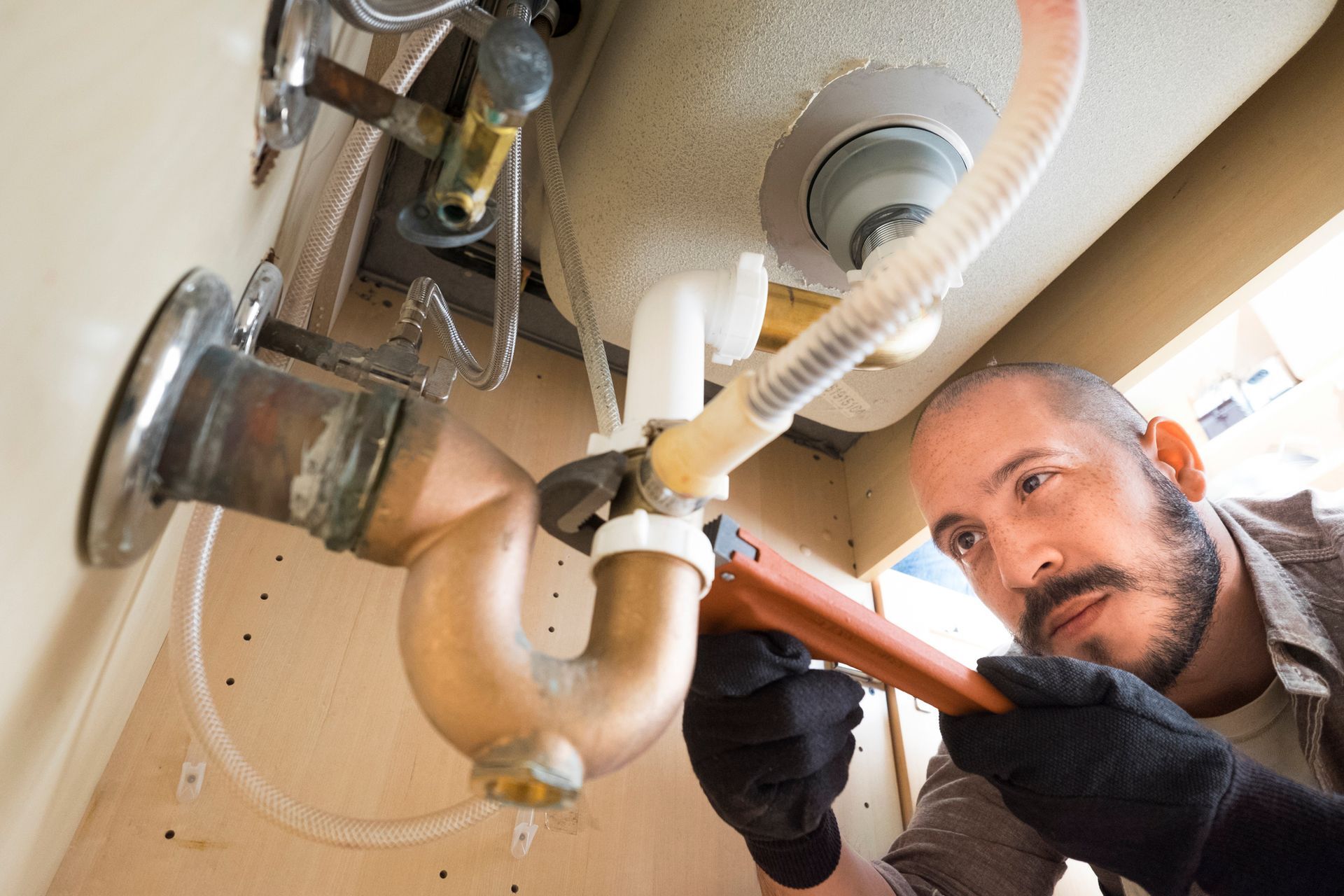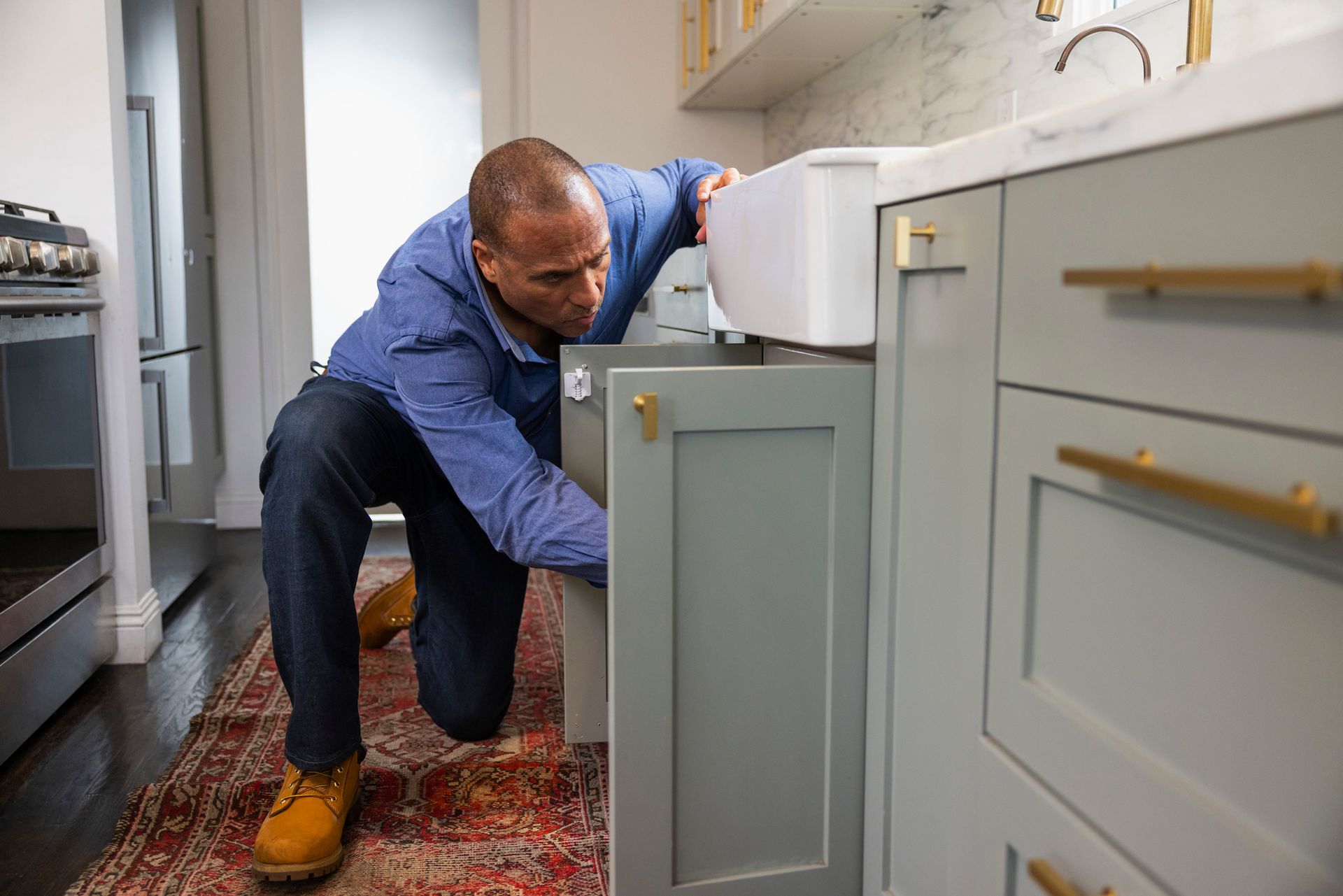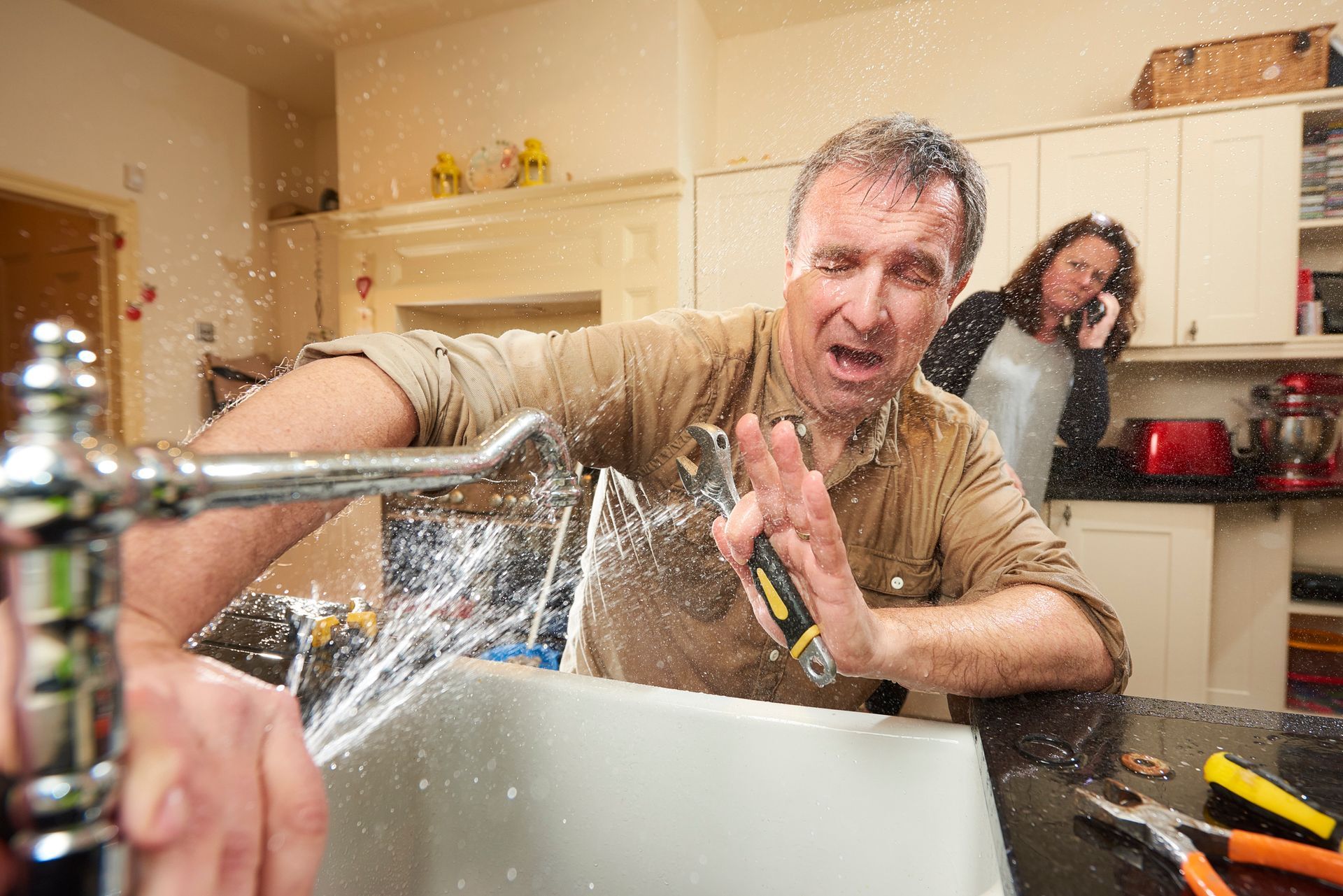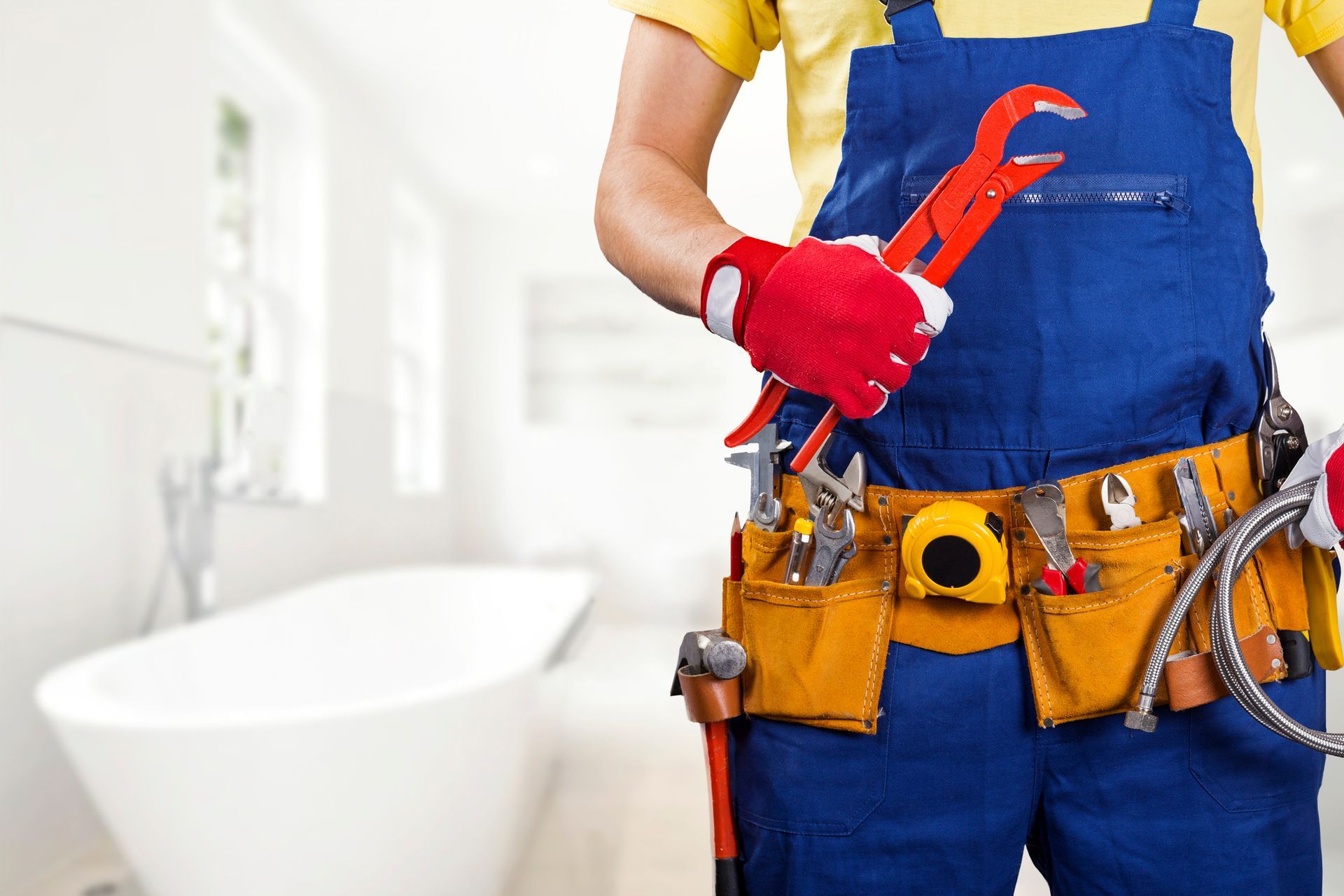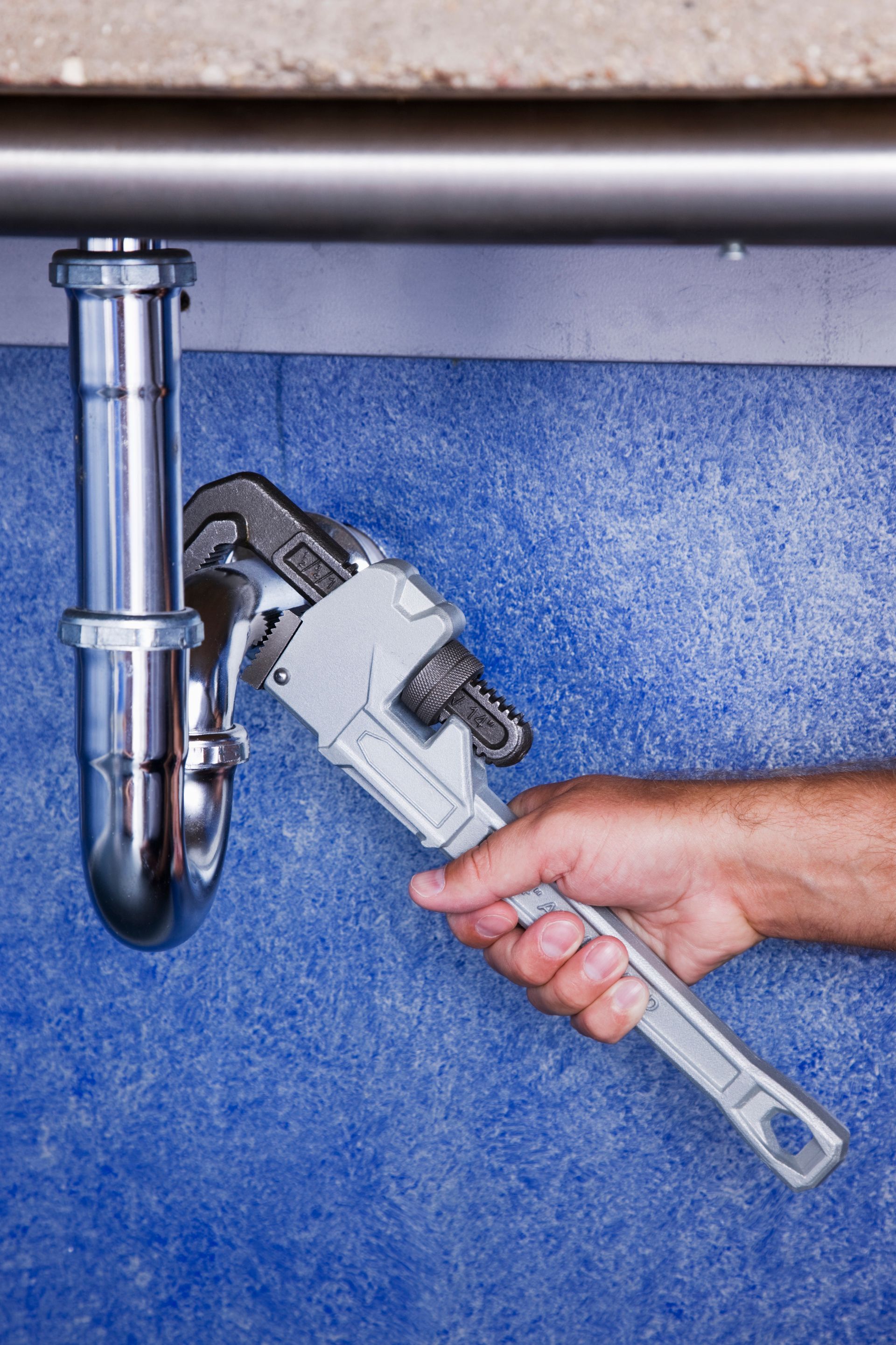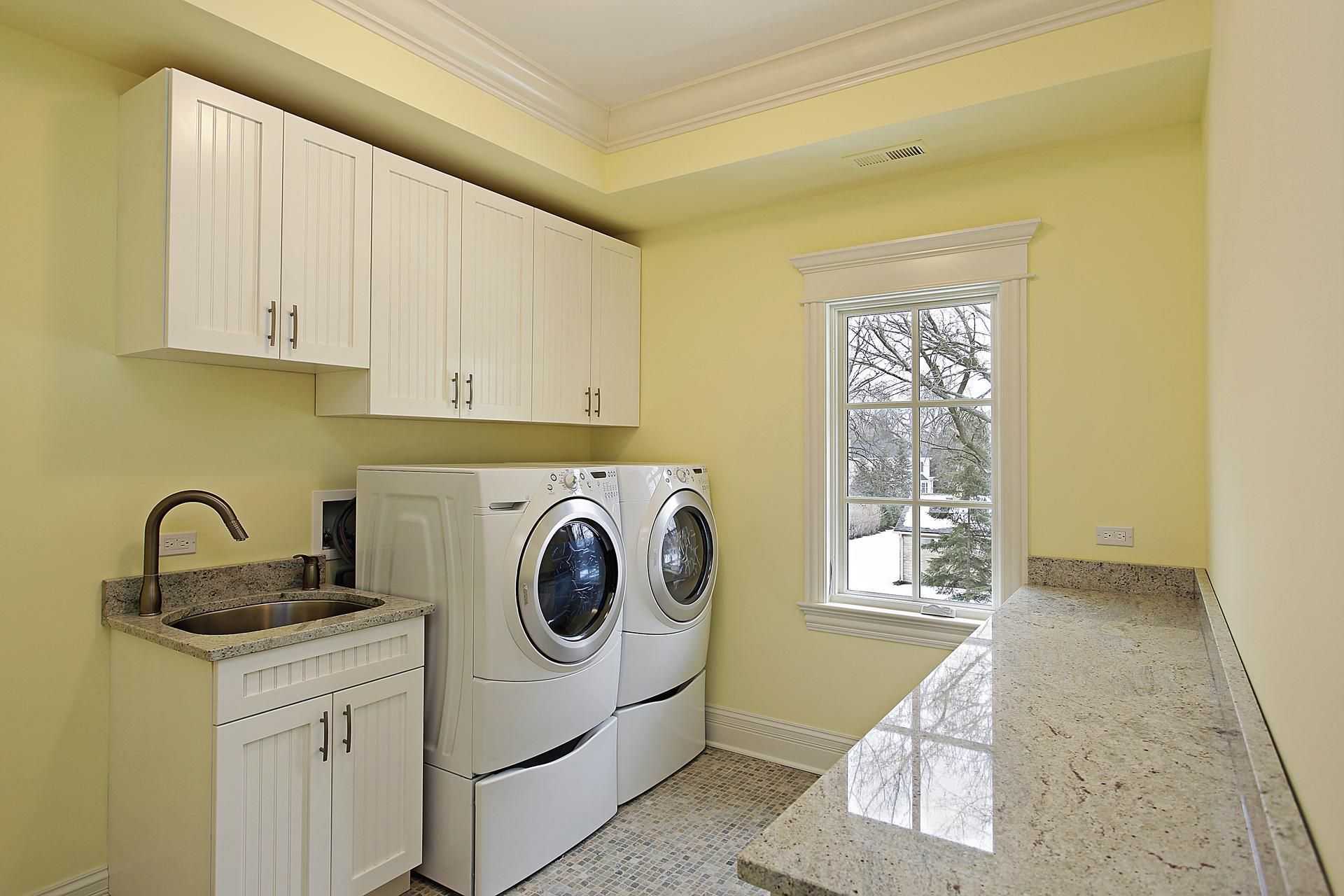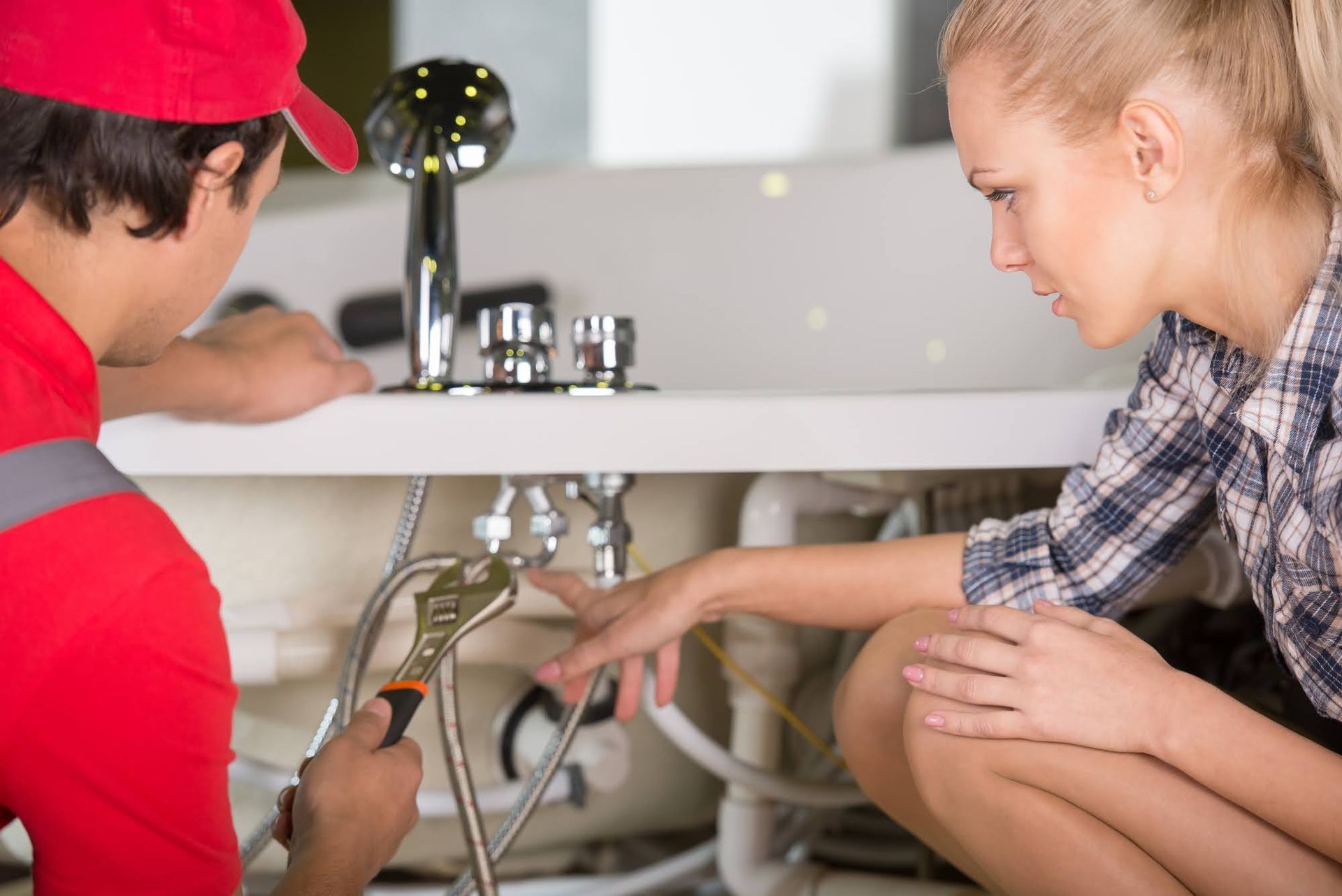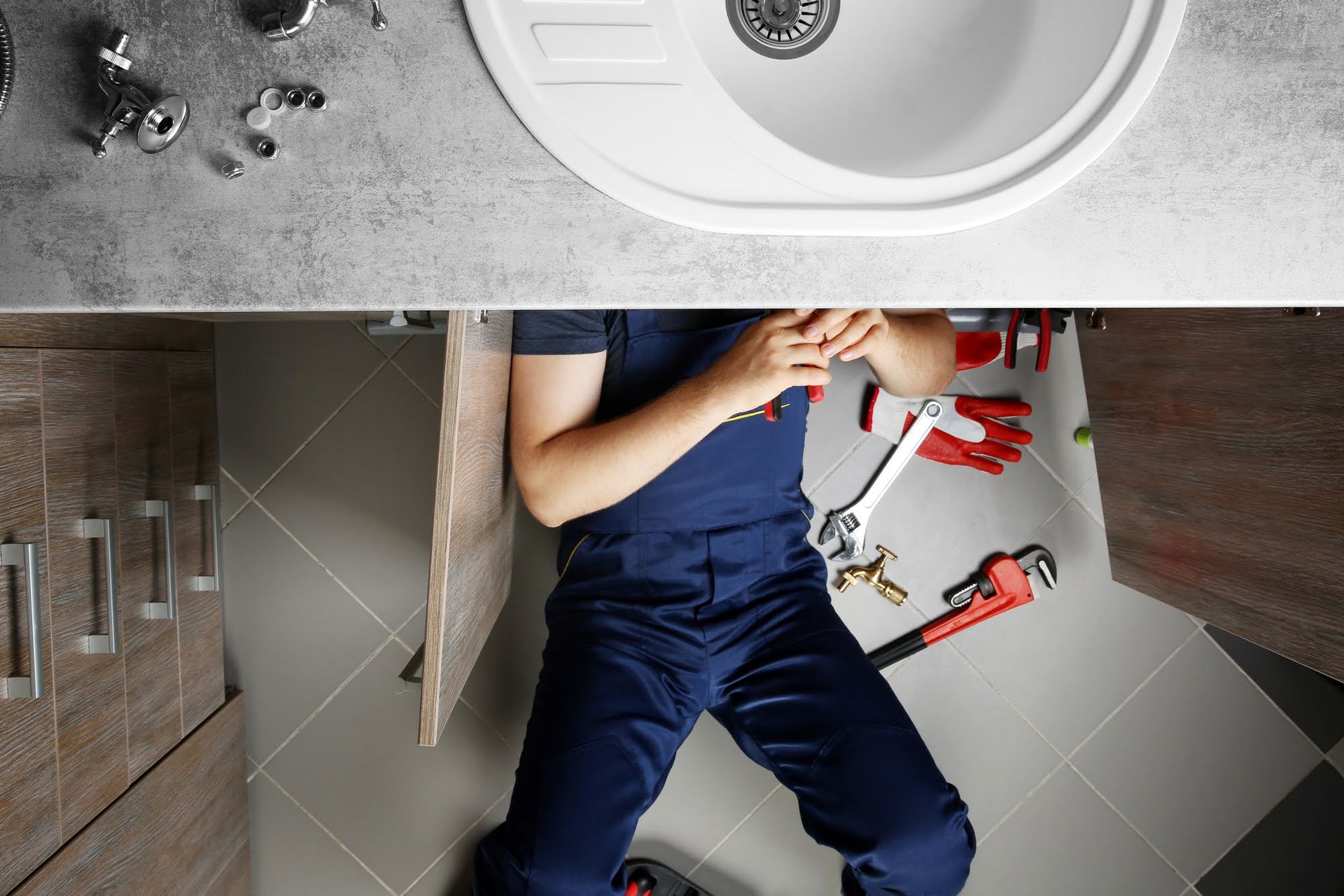Blog
Everything You Need To Know About Replacing the Sewer Lines in Your Home
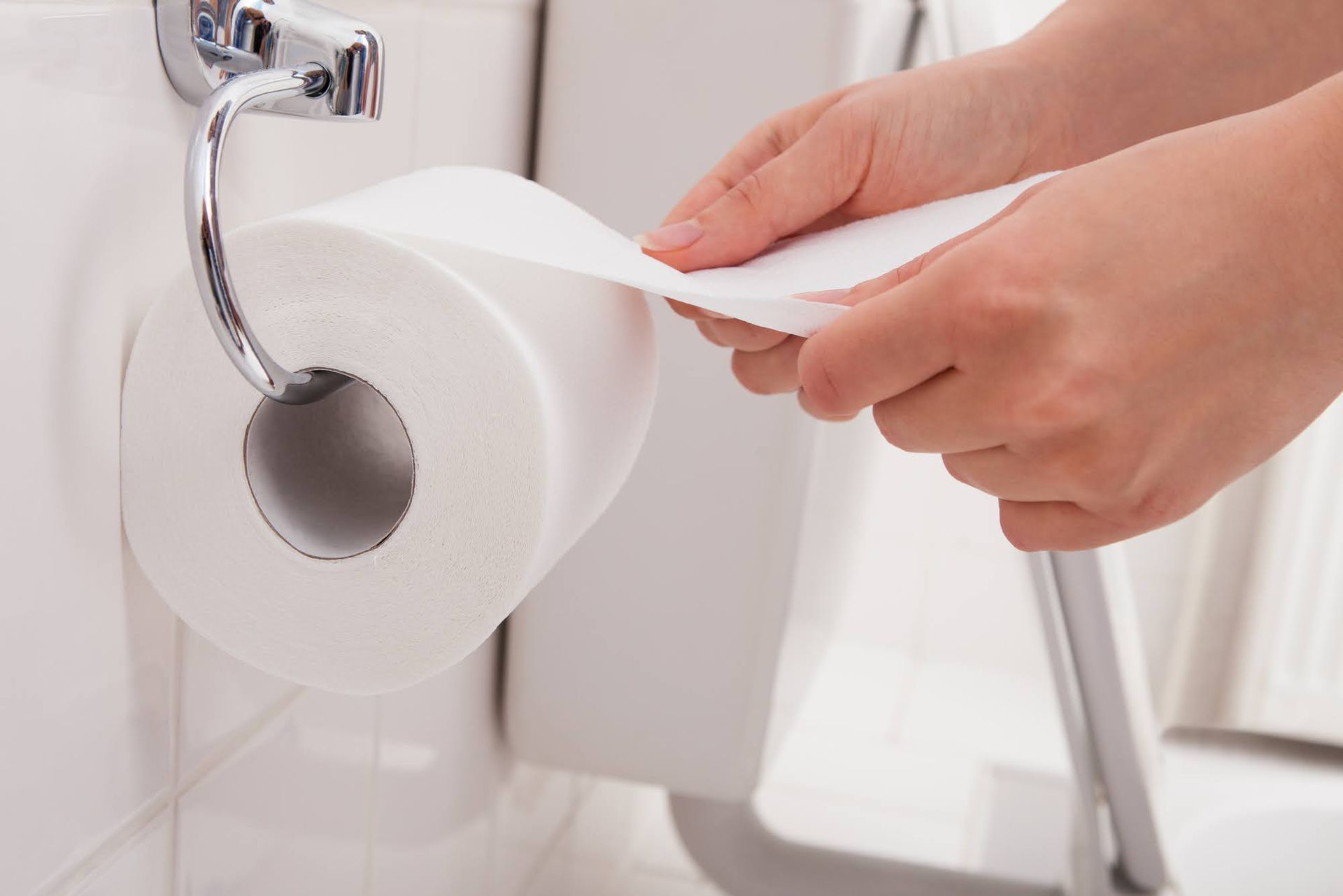
Sewer line replacement may not be the first thing that comes to mind when thinking about home maintenance, but it is an essential aspect of ensuring the smooth operation of your plumbing system.
In this blog post, we will cover everything you need to know about sewer line replacement, including common signs that indicate replacement is needed, the replacement process, the benefits that can come from this replacement, and some additional considerations for homeowners. So, let's dive in!
Signs that Indicate Sewer Line Replacement
Frequent Clogs and Backups
Clogs and backups are expected every so often in a plumbing system, but when they are recurring and in multiple drains throughout your home, it could be a sign of a damaged or deteriorating sewer line. These clogs and backups typically occur when the pipe is obstructed by tree roots, debris, or a collapse in the line.
Foul Odors
Persistent foul smells coming from your drains or yard could indicate a damaged sewer line. The presence of wastewater leaks can release unpleasant odors that should not be ignored.
Slow Drains
A compromised sewer drain can be indicated by drains not emptying fast enough. As debris accumulates on the damaged pipe walls, it restricts the flow of wastewater.
The Process of Sewer Line Replacement
Inspection
A professional plumber will start by thoroughly inspecting your sewer line using advanced technology, including special cameras. This helps identify the exact location and cause of the issue and determines if a replacement is necessary.
Excavation or Trenchless Repair
Depending on the condition of your sewer line and the accessibility, there are two main methods for replacement — traditional excavation or trenchless repair. Excavation involves digging a trench to access and replace the damaged pipe, while trenchless repair allows for replacement with minimal digging, using techniques such as pipe bursting or pipe lining.
Replacement and Restoration
Once the damaged section of the sewer line is replaced, the plumber will test the new line for proper functioning. Then, any excavated areas will be restored, leaving your yard as close to its original condition as possible.
Benefits of Sewer Line Replacement
Improved Plumbing Performance
Replacing old, damaged sewer lines ensures proper wastewater flow and prevents clogs, backups, and slow drains, leading to improved plumbing performance throughout your home.
Enhanced Property Value
By undertaking sewer line replacement, you are investing in the long-term health of your property. This can enhance its value and appeal to potential buyers if you decide to sell your home in the future.
Prevention of Costly Repairs
Addressing sewer line issues promptly can help prevent more significant problems down the line. Ignoring damaged sewer lines can lead to extensive water damage, structural issues, and costly repairs throughout your home.
Additional Considerations
- It is essential to hire a licensed and experienced plumber who specializes in sewer line replacement to ensure the highest quality of work and a long-lasting solution.
- Regular maintenance and inspections of your sewer lines can help detect any early signs of damage, allowing you to address the issue before it becomes a larger problem.
- If you suspect any issues with your sewer line, it is crucial to act promptly to prevent potential health hazards and further damage to your property.
Sewer line replacement is an important aspect of maintaining a healthy plumbing system in your home. By being aware of the signs that indicate replacement is needed, understanding the process, and recognizing the benefits that come from it, you can make informed decisions to ensure the longevity and functionality of your sewer lines.
If you suspect any issues or have questions, don't hesitate to contact us at Complete Plumbing, and we'll help you assess your situation and provide the necessary guidance and services.
Installation
Services
and Military Discount



